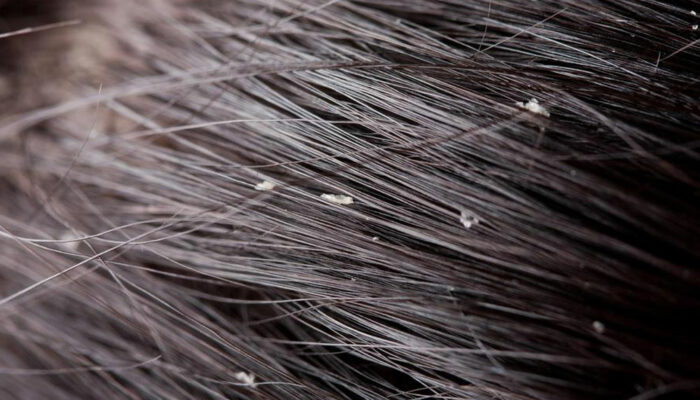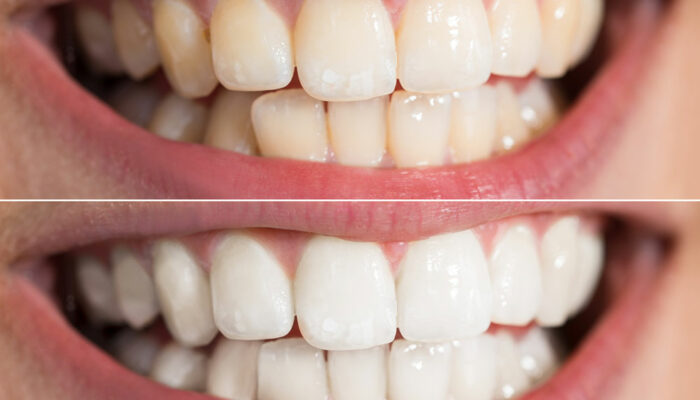
The 5 Worst Foods for Colitis
UC or ulcerative colitis is an inflammatory bowel disease (IBD) that causes ulcers, irritation, and inflammation in the colon (large intestines). Similar to Crohn’s disease, colitis symptoms include bloody diarrhea (the main symptom), cramping belly pain, fever, feeling tired, weight loss, diarrhea and constipation, and gas and bloating. To help you manage painful symptoms doctors advise avoiding certain foods, such as:
1. Carbonated beverages
A study carried out recently showed that carbonated drinks can lead to an increase in the symptoms of ulcerative colitis. These drinks include soda and other beverages containing plenty of sugar and artificial sweeteners. This means one of the ways to manage colitis is to limit the number of soft drinks you consume.
2. Corn
Sunanda Kane, an MD and gastroenterology professor at the Mayo Clinic in Rochester, Minn, says that mushrooms and cereals are hard to digest; hence, if possible, should be avoided, especially if you have colitis. These types of foods can cause gastrointestinal irritation as well as diarrhea among those living with inflammatory bowel disease. For this reason, doctors advise people with colitis to avoid them during a flare-up. Dr. Kane recommends that those with ulcerative colitis should follow a low-residue diet, especially while experiencing the symptoms of the disease. A low-residue diet means staying away from foods that are hard or will not digest completely. These foods include mushrooms, cereals, small, hard foods like nuts and seeds, and roughage like cabbage and broccoli.
3. Butter or margarine
Experts advise patients with colitis to avoid foods rich in high-fat condiments. That is because research shows that these foods tend to trigger the symptoms of ulcerative colitis. Apart from margarine and butter, other high-fat foods you should avoid when suffering from colitis are fried foods, cream, coconut and other oils, and more. Needless to say, concentrating on a low-fat diet can help you reduce the risk of developing ulcerative colitis. Also, it can reduce symptoms in someone with the disease.
4. Coffee or Caffeine
It is also advisable that you avoid coffee and other caffeinated drinks if you are living with inflammatory bowel disease. Research shows that those with colitis are likely to have a hard time managing its symptoms if they keep taking caffeinated drinks. Therefore, whether it is tea, coffee, or any other caffeinated beverage, it is best if you leave it alone.
5. Dairy products
A dairy product normally contains a type of sugar called lactose. Lactose is a common food intolerance among people with colitis. In fact, eating dairy if you are lactose intolerant can lead to IBD-like symptoms. One thing you should note though is that you are not automatically lactose intolerant if you have colitis, says Dr. Kane. The doctor further says that lactose intolerance is simply the amount of a particular enzyme one has. And the only way to know how much of a particular enzyme you have is to carry out an experiment. In this experiment, you should drink a glass of milk and then take note of your status afterward. That is to say, if you feel worse after taking the glass of milk, then you may be lactose intolerant.
The above are some of the worst foods for someone with colitis. This means if you consume them, especially when you have a flare-up, then the symptoms of UC are likely to increase. It is, therefore, a good idea to steer clear of them.



